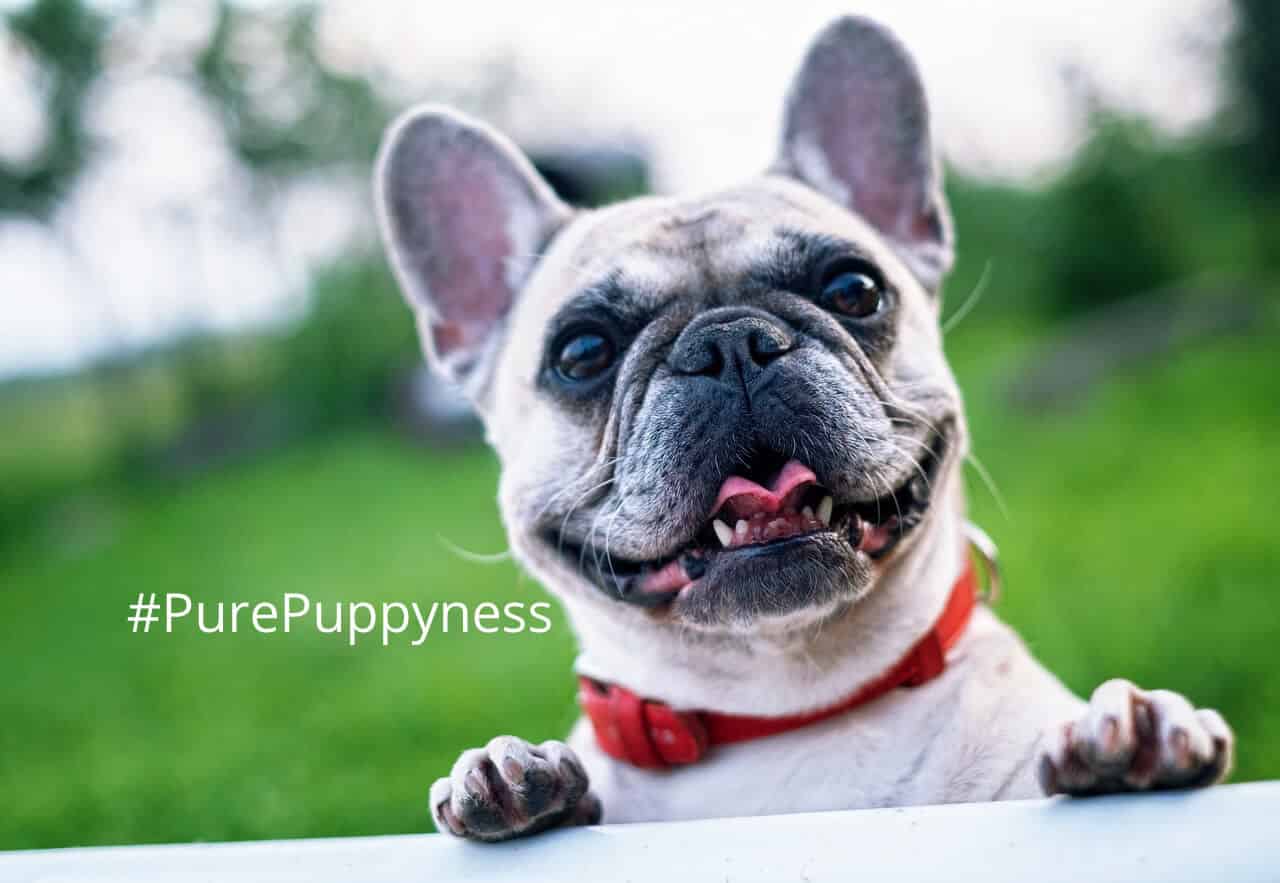Is a French Bulldog the right dog for me?
The French Bulldog came to be because of a need for cultural re-appropriation. A ban on bullbaiting put most of the bulldogs in England out of work. Due to this lack of purpose, bulldog breeders realized that the bulldog would be lost if its function could not be changed from a bull baiting dog into a companion dog. Therefore, they set on a mission to make the bulldog smaller; this gave rise to the Miniature Bulldog which proved to be very popular with the general populace, especially among the lace workers of Nottingham. As the first cogs of the Industrial revolution started to turn and gain traction, a lot of these lace workers found themselves unemployed and this made them and their dogs leave England and settle down in Normandy, France. The French aristocracy, and creatives fell in love with the Miniature Bulldogs that these new settlers brought with them, and the breed soon became popular on Parisian streets. As the British continued to do their best at miniaturizing the English Bulldog, they exported those dogs that they deemed too small or those that had undesirable features to France. In true French fashion, the French did not satisfy themselves with the Miniature Bulldog and therefore they decided to give the breed a much needed French flair by breeding it with local terriers and Pugs giving the Frenchie its erect ears and round eyes. This gave rise to the Bouledogue Francais; what we now call the French Bulldog, more affectionately known as the Frenchie.
So what’s it like living with a Frenchie? Should I get a French Bulldog?
The French Bulldog is hands down a personality dog. Often called the “frog dog” for its unique sitting position or the “clown dog” for being a source of endless entertainment, the French Bulldog is sure to keep your family with a constant smile on their faces. French bulldogs are also relatively calm dogs needing very little exercise besides a daily, moderately long walk. Having been bred to be companion dogs, French bulldogs are very sociable dogs and feel the need for regular attention. They only bark when they need to let their owners know that they need something … especially if that something is a healthy dose of fuss and attention. The Frenchie is a good dog for those that want a relatively calm, fun loving dog that can comfortably live in an apartment.
So far the Frenchie sounds perfect. But what are the cons?
The Frenchie sounds like it’s a load of fun; someone you’d gladly meet up and nurse a beer with. Just like every rose has its thorns, the Frenchie brings with it some issues in this otherwise perfect hypothetical relationship.
Having had bulldog ancestors it is considered unwise to get a French Bulldog if the dog is an adult and there are other small animals living in your house, unless the dog has had previous experience living with other pets. The best way of introducing a Frenchie in a family comprised of multiple species, is by welcoming it to the family as a young puppy. This gives it time to adjust and not have preconceived attitudes towards other animals forming part of the said family.
Before getting a French Bulldog one should also consider some of its common health related issues. Being brachycephalic, the French bulldog has a short snout and often suffers from Brachycephalic Syndrome: a condition that hinders the breathing of a lot of Brachycephalic dog breeds. This condition mixed with the dog’s small body and short coat make this breed particularly inept at regulating body temperature and are therefore prone to both hypothermia in cold environments and heath stroke in hot climates. The Frenchie does best in moderate climates. It should be taken out in the early evening or early morning when the temperatures are not too cold, neither too warm. Protective clothing is also very important when Frenchies are living in very cold climates.






















